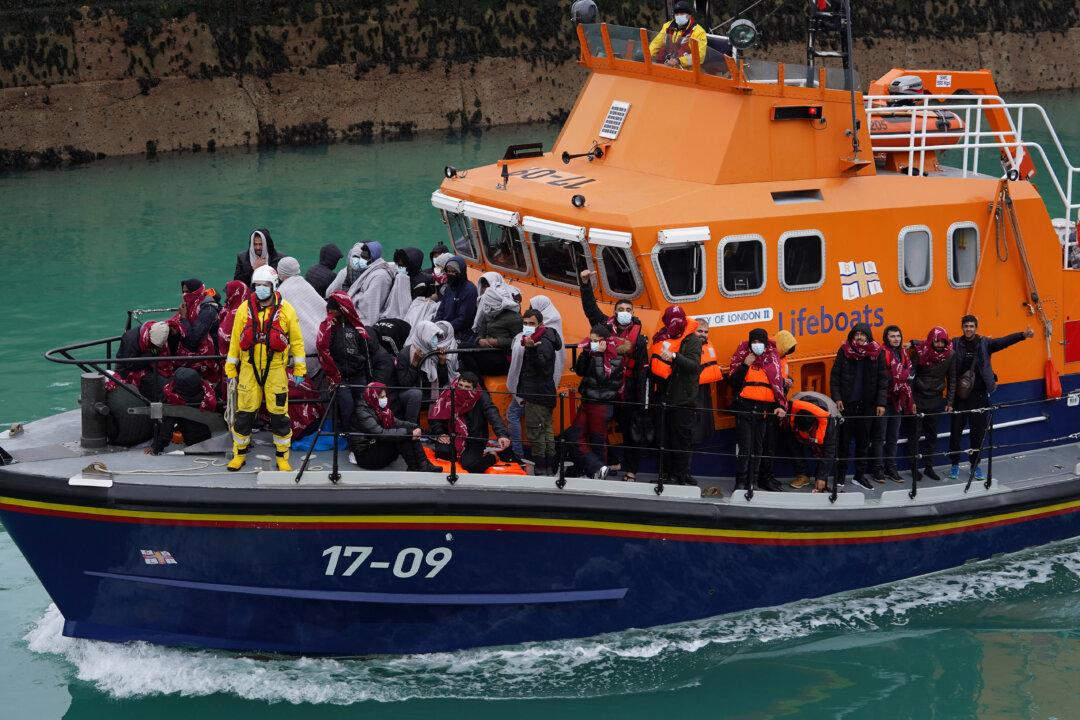The UK’s Royal Yachting Association (RYA) has cautioned sailors about rescuing channel crossing migrants as it’s feared a proposed change in the law may expose the sailors to prosecution if they bring the migrants to the British shore.
The Telegraph said the association advised sailors to “stand off and report” migrants instead of carrying out rescues themselves.





